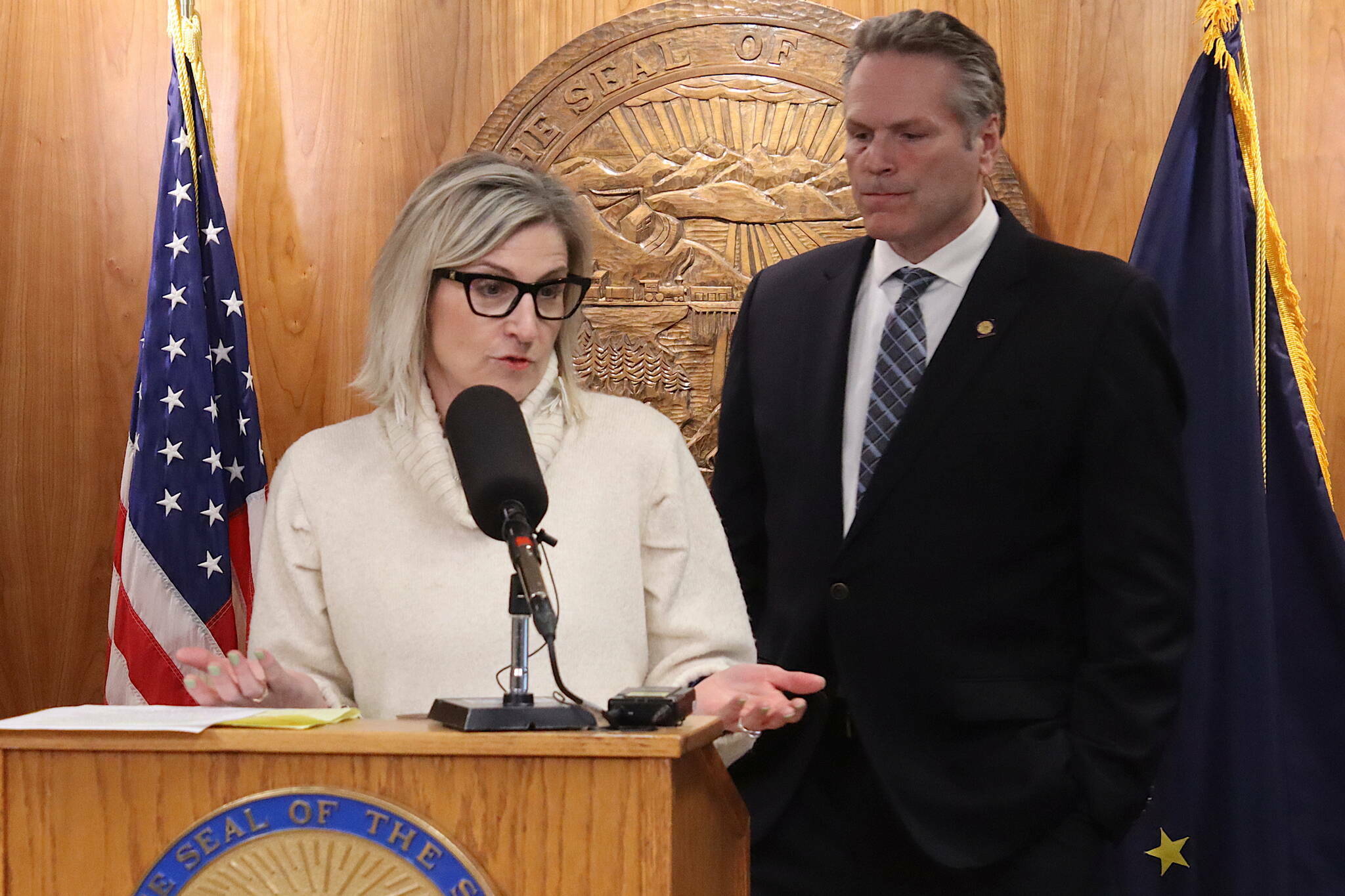The Alaska Supreme Court on Friday reversed a Superior Court ruling that had called Alaska’s correspondence school statutes unconstitutional, reinstating the program that had been struck down in April. The court’s ruling says further proceedings are possible.
According to a release from the State Department of Law, the program will be restored “as it has existed for the last ten years.”
A summary order by the Supreme Court says they reverse a Superior Court decision that ruled sections of state law authorizing the program were unconstitutional. It also says that they decline to rule whether the use of allotment funds to pay tuition to private schools is constitutional, stating plainly that the plaintiff can pursue further proceedings by bringing a school district alleged to have taken unconstitutional action as party to the lawsuit.
“It is the school districts, not the state, that design students’ individual learning plans and authorize particular uses of allotment funds to purchase services and materials in connection with those plans,” the Supreme Court writes. “For this reason, (plaintiff’s) claim that certain uses of allotment funds are unconstitutional cannot proceed without joining a school district that has authorized those uses of allotment funds.”
A summary order by the Supreme Court says that they expedited consideration of the appeal because of “the potential impact of the superior court’s ruling on the many families whose children are enrolled in public correspondence programs and who rely on allotment funds.”
“A formal opinion more fully explaining our reasoning will follow at a later date,” it reads.
The correspondence allotment program, specifically the dispensation of money to families who homeschool through a program affiliated with local school districts, was thrown into uncertainty in April when Superior Court Judge Adolf Zeman wrote that the sections of state law authorizing the program violate the part of the Alaska Constitution that says public funds cannot be used to benefit private or religious institutions.
In his decision, Zeman says that some parents receive public funds through the allotments and then spend them on materials and services from private or religious organizations. He writes “This court finds that there is no workable way to construe the statutes to allow only constitutional spending and (the statutes) must be struck down as unconstitutional in their entirety.”
Roughly 24,000 students across Alaska, including about 2,500 on the Kenai Peninsula, take advantage of correspondence allotments. Families with children enrolled in either the Kenai Peninsula Borough School District’s Connections Homeschool or Interior Distance Education of Alaska receive $2,700 per student per school year to help pay for education materials.
The ruling’s implementation was delayed at the time until Sunday, June 30. It now will not be affected. The Alaska Legislature also passed legislation in May to see the program continue through the next school year while legal questions are resolved.
Rep. Justin Ruffridge, R-Soldotna, was a leader in the development of that legislation. Speaking in June, he said that the state “should have a homeschool allotment program.” He said that most people are using the allotments correctly and that he wanted to see the program continue, with oversight if necessary.
The Department of Law’s Friday release says that the State Department of Education and Early Development argues that challenges to potentially unconstitutional spending need to be brought to “specific spending decisions,” rather than against the entirety of the program and state statutes.
Gov. Mike Dunleavy, who sponsored the legislation creating the correspondence allotments in 2014, celebrated the decision on social media and in the release, alongside Department of Education and Early Development Commissioner Deena Bishop and State Attorney General Treg Taylor.
“This is a huge win for public education and a huge win for families,” Dunleavy says in the release. “Correspondence programs/ homeschool programs can continue in their entirety. This gives certainty to thousands of parents, nearly 23,000 students, and thousands of vendors for 29 school districts who help support public education.”
Reach reporter Jake Dye at jacob.dye@peninsulaclarion.com.


